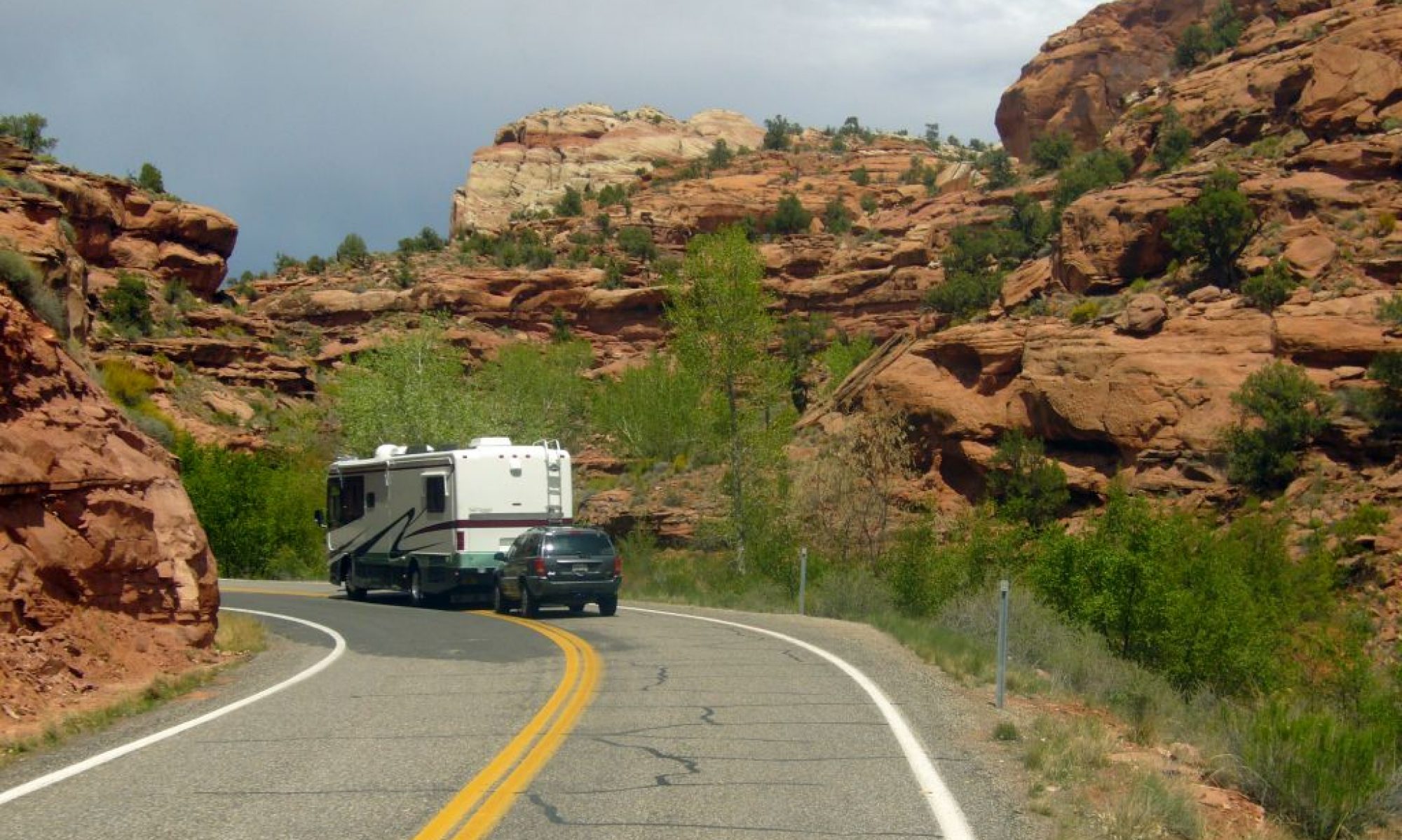Some general information and a perspective from one UK camper.
Camping tends to fall into 3 seasons low, mid and high. High season covers the school holidays and the dates for these may differ in each Region and tends to be over the months of July and August. High season prices can be around £35 per night but obviously this depends on the amenities provided and may be higher or lower.
There are different companies providing campsites with paid memberships which normally pay for themselves within a few days. Make sure to specify if you are over 60, if applicable as this may reduce your fee.
Popular examples are, the Camping and Caravanning Club:
https://www.campingandcaravanningclub.co.uk/
and the Caravan Club:
https://www.caravanclub.co.uk/membership/
If you buy a membership of a Club you get on-line access to their site and a book of UK destinations which lists the facilities each site has. Some have indoor or outdoor swimming pools; access to fishing or other sports and recreational activities. They can also have small shops that sell basic goods like milk and dry tinned goods.
Haven Holidays have campsites that are considered to be extremely good and their sites are mainly around the coast.
https://www.haven.com/touring-camping
Alternatively, there are several online resources to help you find places to stay and here are some examples:
https://coolcamping.com/campsites/uk
Brit Stops is another club where you get to stay at pub car parks in exchange for buying a meal or drinks. A great example of this is Metal Bridge Hotel, Carlisle where the owners have made motorhome specific bays with fresh, grey and black water facilities. These sites are normally for one night stop overs.
UK Pub Stopovers for Motorhomes is another good Facebook group to find sites:
https://www.facebook.com/groups/157858297558124/
Another good Group is Campervan Overnight Camping. This Facebook group is for members to post personal recommendations & reviews of Stop Overs for Campervans/Motorhomes. These include Off-Grid, Pubs, Car-Parks and Campsites. Photographs speak a thousand words. The information here normally includes postcode and website links, and nearby attractions, pubs, restaurants or walks etc.
https://www.facebook.com/groups/139976009506064/permalink/1460188187484833/
There are optionally various books available to help with your search; a popular series is called Aires which covers many European and UK Destinations.
UK campsites have varying facilities for water, electric and waste management.
In the UK electric pitches vary depending on location. The majority of campsites in the UK will provide a three-pin connector rated at 16 Amps, which can provide a 230V supply, just like at home (if you live in the UK). The campsite’s electric supply will be fitted with a miniature circuit breaker (MCB). … Make sure the campsite shows you how to reset the electrics if they trip.
Note that some rural sites may have weak electric so if you have multiple items on at the same time, for example your cooker and electric kettle you may trip the electric and have to reset it at the box.
Motorhomes have 3 settings on the control panel so if you do trip it you drop from 3 to 2 to 1.
Some UK Campervans have LPG bottles to run heating which is much cheaper to run than Calor Gas. In 2019 all petrol stations in the UK were standardising the coding system for Diesel unleaded and LPG. At one point you needed to carry a box of different connectors for each country, but this was being phased out so all should be the same by now.
If you do have LPG please do an online search to find locations where you can fill up as these may not be easy to find.
Motor homes in the UK have cassettes for the toilet waste. You use toilet fluid, preferably green which is non-bio, to help break down solids. Note that some sites insist you use the non-bio green fluid. For two people you will probably need to empty the cassette every 2 to 3 days. You pull the cassette out from a door in the outside of motorhome and wheel it to the disposal point to empty and there is a water pipe for rinsing, which is always separate from the fresh water. Some sites have a gridded area which you drive over to empty your grey water.
Parking on your pitch varies from site to site, but you always are parked so that when you open your habitation door you are not overlooking your neighbour.
Sites may charge you to put your awning out, some charge extra for a dog. Firepits, BBQs, picnic table availability are variable by campsite. Scotland is better than Wales for wild camping due to problems with gypsy encampments in the past.
One route in Scotland is the NC500. This 516 mile scenic route goes all the way round the North coast of Scotland, usually starting and ending at Inverness Castle. It includes some famous Highland destinations and meanders along some very remote and beautiful beaches. It started in 2015 but has become extremely popular since Covid struck with Campers and Motorbikes, and you will often see super cars driving the route too.
Article Written September 2021

